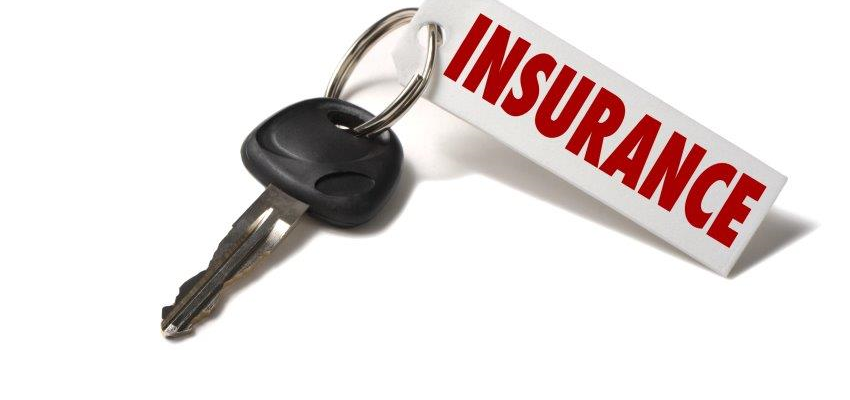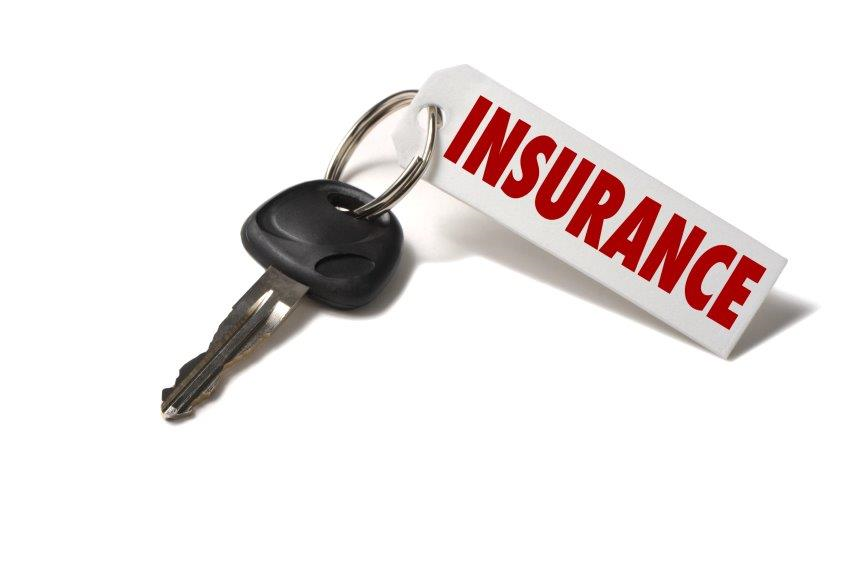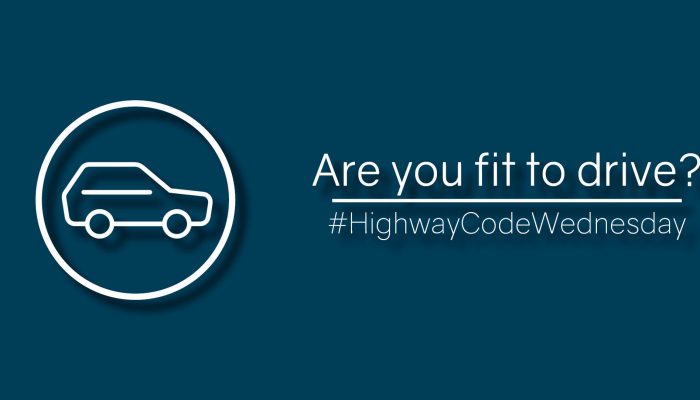Telematics Telematics Telematics
Originally the preserve of (young and therefore often riskier) drivers before very long we can all look forward to embracing “telematics” when we are shopping for car insurance.
New drivers will be familiar with insurance companies that offer the potential of lower premiums in exchange for having a black box (perhaps a more understandable name than telematics) fitted to their vehicle which monitors their driving and sends back data to the company silently and unobtrusively. With the technology which supports insurers’ black boxes shortly to become a standard fitment in all new cars it will be but a short step to take for insurers to roll out telematics to all of their customers meaning it won’t be long before policy holders who shun the adoption of this 21st century technology will be in a minority – and that will likely mean higher premiums for the privilege of opting out. Of course this isn’t going to happen overnight but the writing is surely on the wall.
Under EU regulations a system known as eCall designed to help the emergency services locate vehicles involved in accidents will have to be fitted in all new vehicles manufactured from October 2015. This particular EU regulation is surely a good thing which one can also foresee being used by the AA and RAC, for example, to locate you swiftly in the event of a breakdown.
Insurance companies are already expanding the adoption of Telematics and from a point in the first few years of this century when it was very novel (and quite expensive to fit) the system is gaining in popularity and adoption by motorists, aided now by a variety of mobile phone apps which, with some inevitability, are being introduced; according to the British Insurance Brokers’ Association the current telematics use of less than 1% of drivers is likely to rise to 10% within three years and to 15% within five years. One management consultancy has predicted that by 2020 something like 50% of vehicles will have some kind of electronic black box circuitry fitted.
As more and more vehicles reach Britain’s roads with the electronic circuitry ready-fitted the impetus will be increasingly on expanding the use of telematics to better assess risk. And assessing risk will be easy for the insurance companies, as it is now, with black boxes already monitoring the how, when and where of your vehicle use to determine how good or bad a driver you are; whether you only take the car for a run on a Sunday afternoon or whether you hit the road in the rush hour and whether you drive fast and brake hard or you drive consistently and brake gently, anticipating hazards in good time. Good young drivers have already seen some benefit from this technology although the savings may not have been that spectacular after allowing for the cost of installation. True value will come with year after year of use as insurance companies can see a pattern of driving behaviour for themselves, even if there are also important privacy considerations attached to this. The point is that telematics has not been pushed very much thus far but with insurance companies seeing that it does work, and with the EU regulations only serving to encourage this tracking technology, we are going to see a lot more of it soon.
While we don’t have to accept the use of telematics for our own insurance the situation will soon arise whereby it will become the norm and declining it will mean higher premiums – all a bit like insisting on paying for your gas and electric by cheque rather than monthly direct debit or paying for your water based on rateable value instead of a meter. Of course these are different commodities but increasingly the public is being directed down particular routes that save the supplying company time and money and car insurance will be no different; telematics will tell the insurance companies all they need to know about your driving habits automatically and if you are a low mileage driver, for instance, who only drives at quiet times of day, and leaves the car on the drive for extended periods, it is very likely you stand to benefit from this technology.
Newnham & Jordan can advise you on all road traffic legal matters including potential insurance offences.
Call us now on 0845 680 7871
This article is intended for general information purposes only and shall not be deemed to be, or constitute legal advice. Newnham & Jordan Solicitors cannot accept responsibility for any loss as a result of acts or omissions taken in respect of this article or any external articles it may refer or link to.



